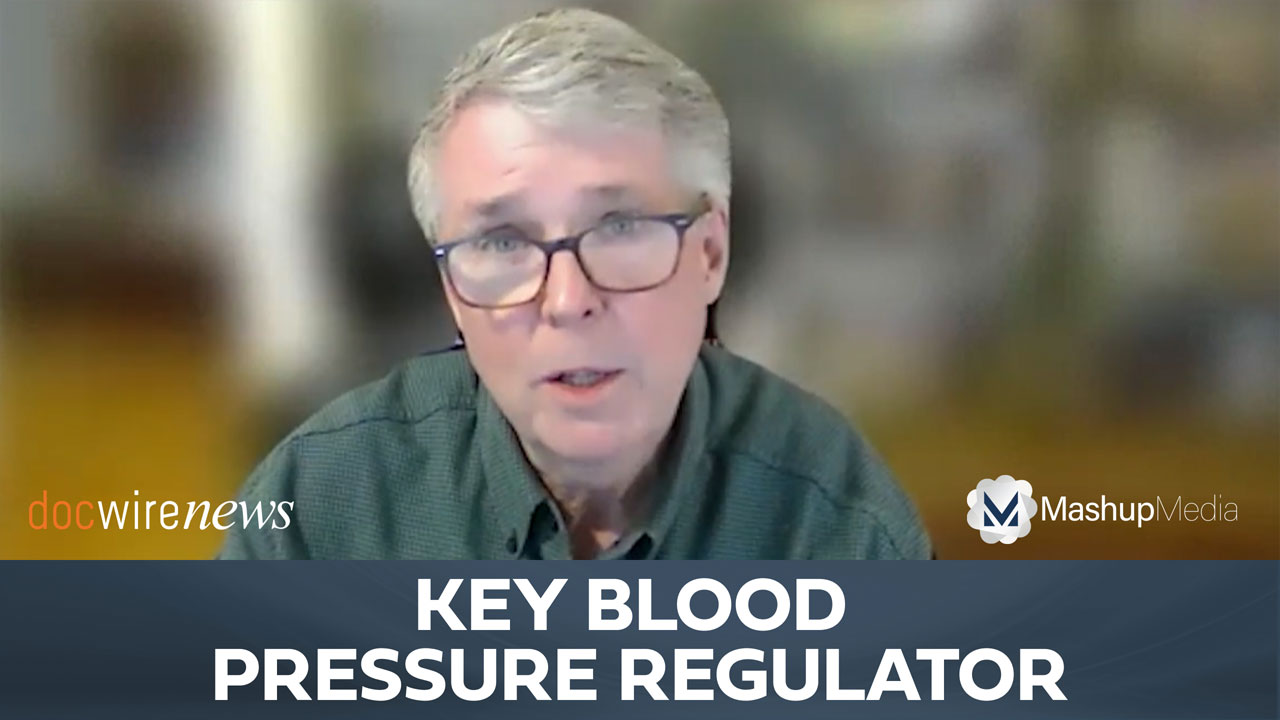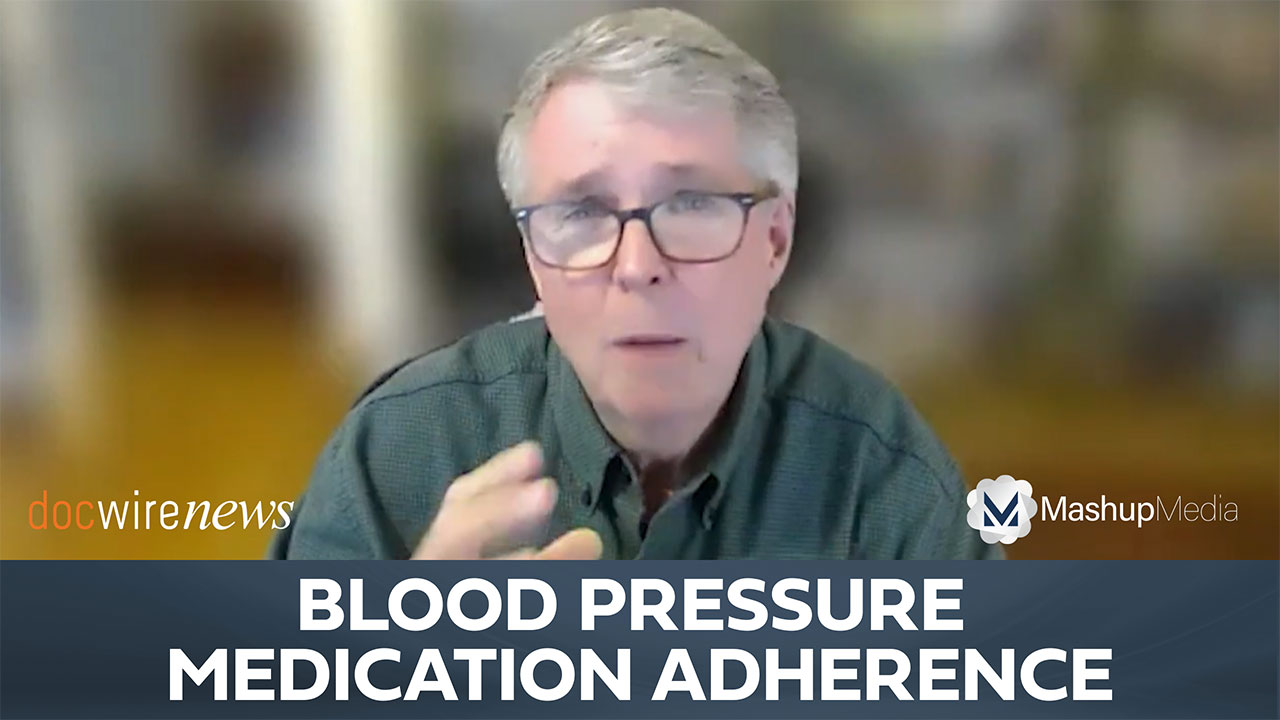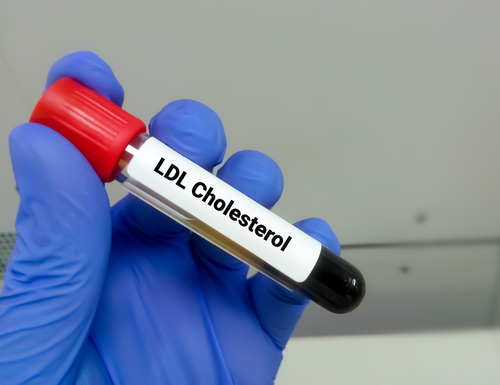
ACC 2024
Advertisement
Dr. Townsend details the science behind aldosterone, the hormone that regulates sodium and helps regulate blood pressure.
Dr. Townsend discusses hypertension and how not adhering to medications is the biggest issue for patients.
Physical inactivity was significantly correlated with worse cardiometabolic risk in a large ambulatory patient population.
A machine learning-powered analysis of Google Street View shows how environment impacts risk of major adverse cardiac events.
People with heart disease could benefit from a low-sodium diet but, on average, consume twice the recommended amount of salt.
People who sleep fewer than 7 hours per night have an increased risk of developing high blood pressure over time.
Plant-based diets, when used as an alternative to red meat, may reduce cardiovascular disease risk.
People with certain gene traits and those who have anxiety or depression have a significantly higher risk of heart attack.
Researchers assessed the impact of 4 diet programs—vegan, Mediterranean, Paleolithic, and DASH—on cardiovascular risk.
US veterans have a disproportionately high risk of atherosclerotic cardiovascular disease and a low adherence to LLT.
Older firefighters may have more thrombotic risk factors that contribute to a higher risk of coronary heart disease.
Distinct variations of coronary artery calcium-derived coronary artery heart disease exist among retired NFL players.
A remote, algorithm-based program is effective at helping patients achieve optimal LDL-C levels for at least 12 months.
Young adults taking stimulant medications for ADHD may have an increased risk of developing cardiomyopathy.
People who use e-cigarettes are significantly more likely to develop heart failure than nonusers.
Advertisement

















 © 2025 Mashup Media, LLC, a Formedics Property. All Rights Reserved.
© 2025 Mashup Media, LLC, a Formedics Property. All Rights Reserved.